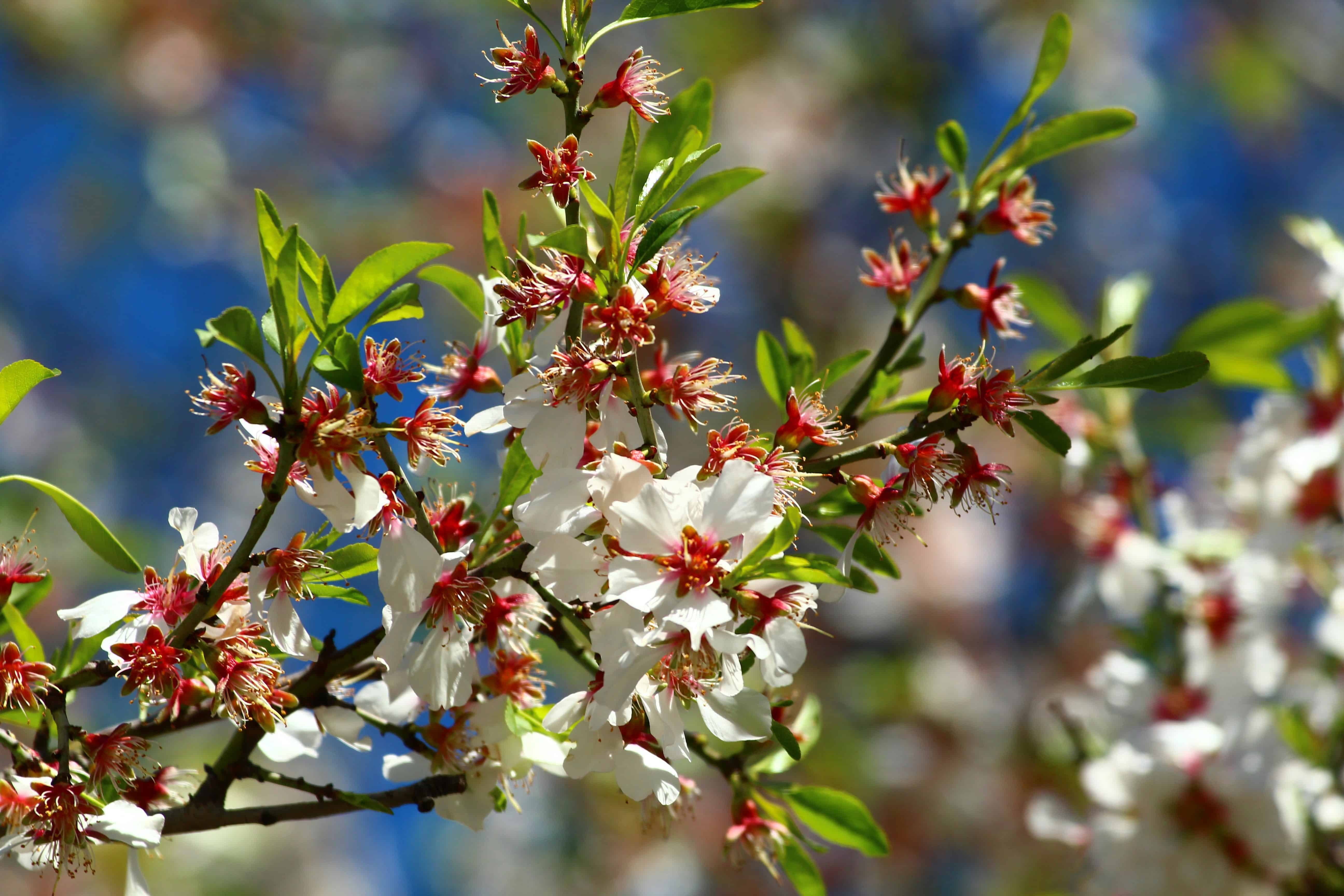Key Takeaways:
- Acadian Plant Health released results from a multi-year study on the effectiveness of biostimulants in reducing water usage in California almond cultivation.
- Conducted in collaboration with UC Davis, the study showed improved water potential and increased kernel weights in treated almond trees.
- This research is particularly relevant as California seeks to reduce almond industry water use by 20% from 2020 to 2025 amid ongoing water shortages.
Overview of the Study
Acadian Plant Health has unveiled expanded findings from its ongoing study into the water usage of almond crops in California. The research demonstrates how the application of biostimulants can help almond growers reduce water consumption while maintaining yield levels, even in the face of significant environmental stressors such as drought.
Research Methodology and Results
The study, initiated in May 2021 at the University of California's Kearney Agriculture Research and Extension Center, involved applying Acadian Organic biostimulants to selected almond trees. Dr. Guilia Marino, a UC Davis Cooperative Extension Orchard Systems Specialist, led the research team in conducting weekly assessments of midday stem water potential.
“The results are promising,” remarked Holly Little, Director of Research and Development at Acadian Plant Health. “We are seeing that using Acadian biostimulants to improve stem water potential can lower the frequency or volume of irrigation needed for healthy almond trees while protecting yields.”
According to the study, almonds treated with Acadian biostimulants consistently improved stem water potential in both stressed and non-stressed situations. Additionally, these almonds achieved 9% and 2% higher dry kernel weights than their non-treated counterparts in non-stressed and stressed conditions, respectively.
Implications for California's Almond Industry
Almonds are a significant agricultural product in California, being the state's top export crop and one of the top three crops by value. With the state-imposed goal of reducing water usage in the almond industry by 20% within five years, the findings from Acadian's study are timely and potentially impactful.
“As environmental and regulatory water restrictions challenge global agriculture, adopting multidisciplinary and holistic water management will be key to sustaining future orchard systems,” Dr. Marino explained. She also noted that further research is needed to “help determine the product's impact on orchard productivity, as well as tree physiology and productivity.”
Photo by Seval Torun on Unsplash



2 Comments